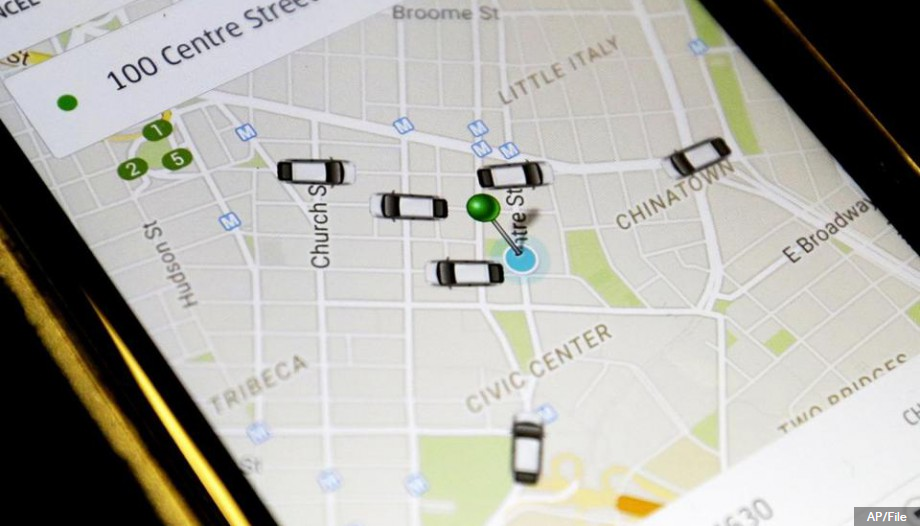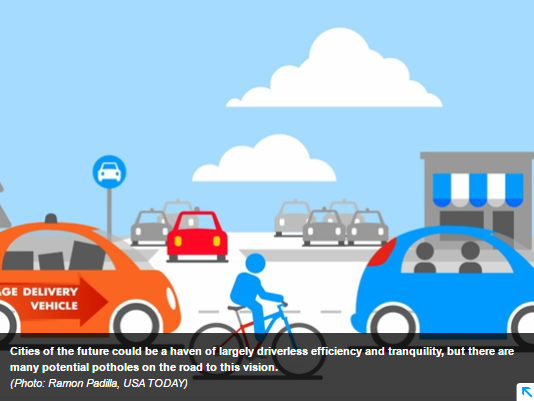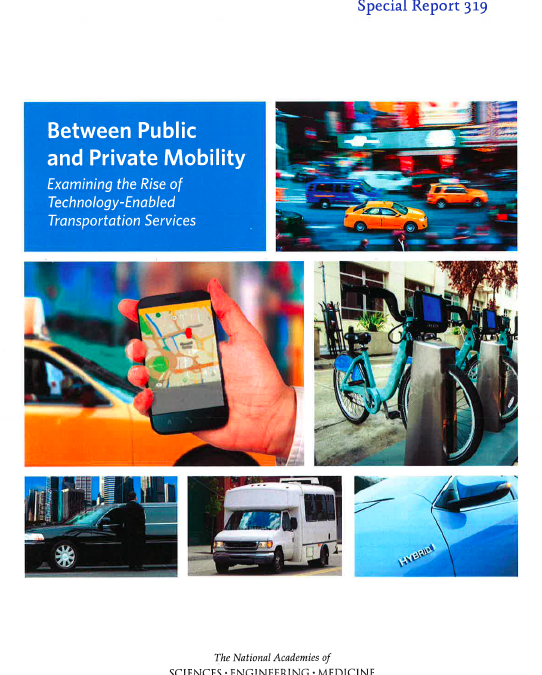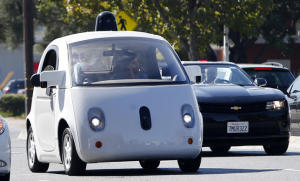
by Innovative Mobility Research | Feb 8, 2016 |
Jack Newsham, 11/13/2015 A group of researchers is set to analyze the environmental impact of Uber and Lyft, whose impacts on auto emissions have long been a subject of controversy. Fans of ride-hailing companies such as Uber and Lyft often argue that they benefit the environment by eliminating the need for people to own a car, butsome skeptics say the services could replace eco-friendly alternatives such as public transportation or biking. Experts from the University of California at Berkeley and the Natural Resources Defense Council’s Urban Solutions program said Friday at an MIT conference that they hoped to clear the air. “All we have right now is anecdotes,” said Amanda Eaken, deputy director of urban solutions at the council. “I think we are all served by understanding what is actually happening with these companies.” To read the rest of the story,...

by Innovative Mobility Research | Feb 8, 2016 |
Marco della Cava, 12:28 p.m. EST November 13, 2015 SAN FRANCISCO – The city of the future has had countless fantasy blueprints, from The Jetsons’ pleasant hive of automated efficiency to Blade Runner’s dystopian tangle of urban chaos. But the reality is the city of future is closer than you think, as tech companies and automakers floor the pedal on projects ranging from cars that drive themselves to apps that aggregate transportation options. Conversations with mobility experts here and abroad paint a picture of an urban revolution that is already underway in a patchwork of cities from Seattle to Stockholm. “The main thing with automated and connected tech is to make sure it’s reliable first,” says Chris Hendrickson, director of the Traffic21 Institute at Carnegie Mellon University. “But the opportunities for change are impressive.” To read the rest of the story,...
by Innovative Mobility Research | Jan 11, 2016 |
Authors: Apaar Bansal and Susan Shaheen Date Published: Jan 11, 2016 The Disrupting Mobility Summit was held at the Massachusetts Institute of Technology’s (MIT) campus in Cambridge, between November 11 and 13, 2015. The event was a joint effort of the Transportation Sustainability Research Center (TSRC) University of California (UC), Berkeley; London School of Economics (LSE) Cities of LSE, and MIT’s Media Lab. Held over two days, the conference was comprised of keynote sessions, breakout panels, a hackathon, and a poster session. It gathered experts in the urban mobility space from the private and public sectors, including the Deputy Secretary of Transportation, Victor Mendez. The full synopsis can be found here. Videos of the event can be found...

by Innovative Mobility Research | Dec 16, 2015 |
By Melanie Curry 12/11/2015 In the last few years, technological advances have been changing the transportation system in ways unanticipated and unprecedented. Bike-share and car-share offered alternatives heretofore nonexistent. Then, in swept Uber and Lyft and other “Transportation Network Companies,” or TNCs, and mobile apps that could completely change the ways people move around in their communities. The National Academies of Sciences, Engineering, and Medicine convened a Committee for Review of Innovative Urban Mobility Services to conduct a consensus study on “technology-enabled transportation services,” including car-share, bike-share, TNCs, ride-sharing companies and mobile apps. Its just-released report, “Between Public and Private Mobility: Examining the Rise of Technology-Enabled Transportation Services,” raises open-ended questions about how these new services might affect current and future transportation systems, and what policymakers and planners ought to be thinking about. To read the full article, click...

by Innovative Mobility Research | Nov 5, 2015 |
By Matt O’Brien 10/26/2015 When the Florida Highway Patrol pulled him over this month for driving too fast, Brooks Weisblat didn’t bother telling the officer that his Tesla Model S had been driving itself. “That would have definitely got me a ticket,” said Weisblat, who got a warning notice instead. Florida doesn’t have a driver’s handbook dictating robot rules of the road. No state does, but California could become the global model next year when it publishes first-in-the-world consumer rules for self-driving cars. Those regulations are already a year behind schedule. Among the problems vexing officials with the Department of Motor Vehicles is how to handle not just the machines but their overtrusting owners. To read the full article, click...





